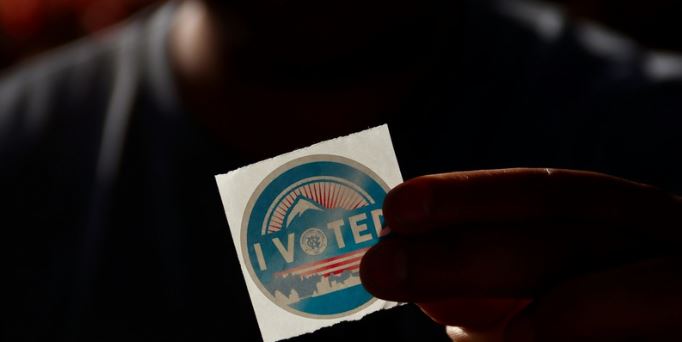Voter ID laws are once again at the forefront of national discussions as several states push forward with more stringent identification requirements ahead of the 2024 elections. These laws have sparked growing legal challenges, with civil rights groups arguing that the new regulations disproportionately affect minority, elderly, and low-income voters, making it harder for these groups to participate in the democratic process.
In key battleground states like Pennsylvania and Wisconsin, courts are expected to rule on these legal challenges in the coming weeks. Civil rights organizations have raised concerns that the implementation of stricter voter ID laws could create barriers for voters who may not have easy access to the necessary identification documents. Critics argue that these laws could lead to voter disenfranchisement, especially in communities already facing systemic inequalities.
The outcome of these court rulings could have a significant impact on voter turnout in the 2024 elections. If the laws are upheld, they could reshape the way voters engage with the election process, particularly in areas with large minority populations where the challenge of acquiring proper ID may be more prevalent.
As the legal battles unfold, the nation watches closely, aware that the stakes for fair and equal access to the ballot box are high. The decisions made in the coming weeks could either strengthen or limit the ability of many Americans to have their voices heard in the upcoming election. With the November elections on the horizon, the outcome of these cases will likely play a critical role in shaping voter participation across the country.

